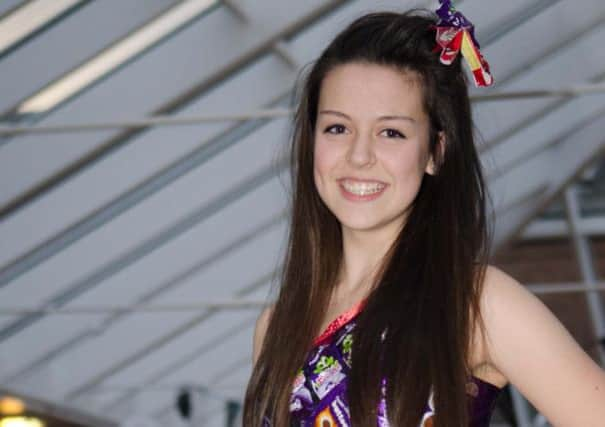Charity is not just a one-off for Christmas


It’s that time of year again. Colder days and longer nights are upon us, with log fires and carols around the next corner. It’s at this festive time of year that many of us feel particularly aware of the needs of those less fortunate than ourselves, and feel a heightened desire to do “something charitable”. Christmas is a time for giving, so they say. For Christians, Christmas represents the greatest gift that mankind could ever receive: the birth of Jesus Christ.
This year, two fundraising singles will be battling for the top spot in the Christmas charts. These one-off, high profile songs will give a much-needed boost to the charities and causes concerned, and buying the singles temptingly offers us a quick fix to obtain that warm Christmas glow.
Advertisement
Hide AdAdvertisement
Hide AdThe notion of Christmas being the time for charitable feelings and actions risks the act of giving becoming temporary and seasonal; a one-off act of do-gooding, to tick off the obligation for another year. As teachers and educators, it’s vital that we impress on pupils the importance of giving – materially or otherwise – throughout the year. Underlying this, we must help children to appreciate why they give: to develop a character of charity and compassion that emphasises the inherent value of supporting others. Giving regularly is great, but it’s even better if it’s not just “giving for giving’s sake”.
The great philosopher and education reformer John Dewey observed that “the self is not something ready-made, but something in continuous formation through choice of action”. We are inescapably moulded and influenced by factors such as the media, friends, family and education, and as teachers we have an important role to play in the early shaping of young people’s character. To help young people develop a compassionate character with strong values at its core is a challenge, but one we must rise to.
Schools are places where a child is able to learn about values and, more importantly, has the opportunity to share learning experiences with others.
At Kilgraston we are fortunate to have at our school’s core a set of goals that build on the philosophy of Madeleine Sophie Barat, the founder of the Society of the Sacred Heart. Although Christian in its ethos, it is by no means an exclusive club, it is inherently inclusive of all people. The Sacred Heart goals of character, faith, social awareness, intellect and community are prioritised each year within our school. The constant aim for teachers within Sacred Heart education is to bring these five goals together in equal measure in each young person they teach, so that they go out into the world as empowered individuals, as agents of transformation, equipped with strong core values and the tools to bring about effective change in the world.
Much attention globally focuses on a perceived division between the worlds of business and charity. I propose that charity and business (and particularly entrepreneurship) can go hand in hand, indeed, can be mutually beneficial. You must make money – albeit in a morally correct manner – in order to give money, and educators should not be afraid of combining the two.
With this in mind, here at Kilgraston we run a programme entitled Goal Getters. A series of Goal Getters talks gives pupils the opportunity to hear first-hand from speakers who are outstanding in their field, and who can inspire them to become “agents of transformation” in the world. There are term-long courses in entrepreneurship, where pupils create their own small business and brand, feeding back every penny they make to a chosen charity. Last year the pupils raised £1,000 from an initial £1 investment. Activities ranged from supervised skateboarding sessions to selling origami birds and doing odd jobs around classrooms. As a Fairtrade school we task pupils with the challenge of creating a profitable business that sells Fairtrade goods to pupils, parents, staff and the public, while raising awareness of the importance of equality within trade.
Our ambition for pupils’ character – on one hand – and academic development – on the other – are two complementary elements of their growth as individuals. The Sacred Heart educator aims to “walk with pupils, helping them to acquire not only the knowledge and skills but also the staying power and unselfishness that over a lifetime turns dreams into reality, however great, however modest”.
We want our girls to be ambitious, to be competitive, to aspire to change the world. This, however, must complement, not come at the cost of, our core value: to love humankind, locally, nationally and globally. By imbuing each pupil with a desire to act charitably, every day and at every opportunity, they truly come to live out the notion that charity is for life, and certainly not just for Christmas.
• Andrew Stewart is goals co-ordinator at Kilgraston School, www.kilgraston.com